Donald Trump Is An African Dictator? If Republican Doesn't Accept Election Results, He Will Join A List Of Dictators And Freedom Fighters
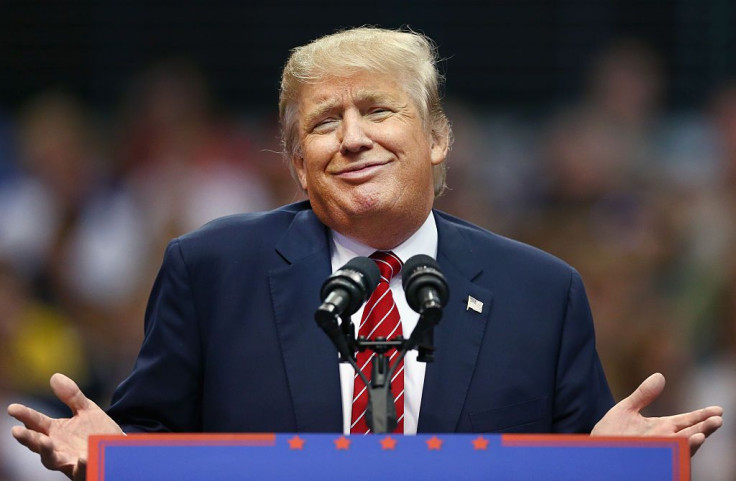
New York City Mayor Bill de Blasio likened Donald Trump to a “third world dictator” in a CNN interview Thursday after the Republican candidate refused to say on national television whether he would accept the presidential election results should he lose to Hillary Clinton.
During the third and final presidential debate Thursday night, Trump told moderator Chris Wallace he would keep him “in suspense” over whether or not he would acknowledge defeat in the event Clinton won. He's repeatedly accused his opponent of “rigging” the election. While the U.S. was ranked last among Western democracies in regards to electoral integrity in April by the Electoral Integrity Project, Trump has been harshly criticized for his condemnation of U.S. democracy. With the U.S. preparing for an election as divisive as ever, let’s look at some other figures who have challenged election results around the world.
Slobodan Milosevic
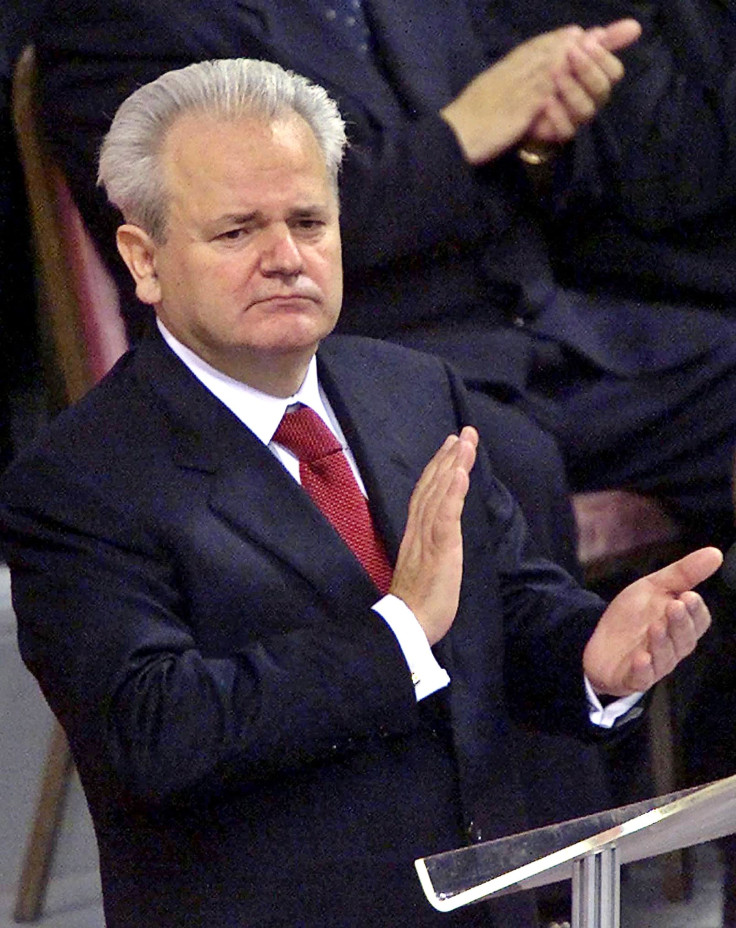
The notorious Serbian leader’s refusal to accept his defeat in the 2000 presidential election ultimately led to his downfall. Milosevic, who climbed the political ranks by staging an “anti-bureaucratic revolution” and espousing nationalist politics, was found guilty of war crimes in Kosovo by an international tribunal in 1999. Unfazed by his critics, he continued to lead the country and even scheduled early elections. In a twist of fate, Milosevic lost in the first round of the five-man presidential race. Though opposition leader Vojislav Kostunica won over 50 percent of the vote, Milosevic claimed no one had won a majority and called for run-off between him and Kostunica. Massive protests erupted in response, known as “The Bulldozer Revolution.” Within weeks, a combination of large non-violent demonstrations and Russian diplomatic intervention forced the Milosevic out of office. He was later arrested and imprisoned for crimes at The Hague. He died 2006 in his cell.
Viktor Yushchenko
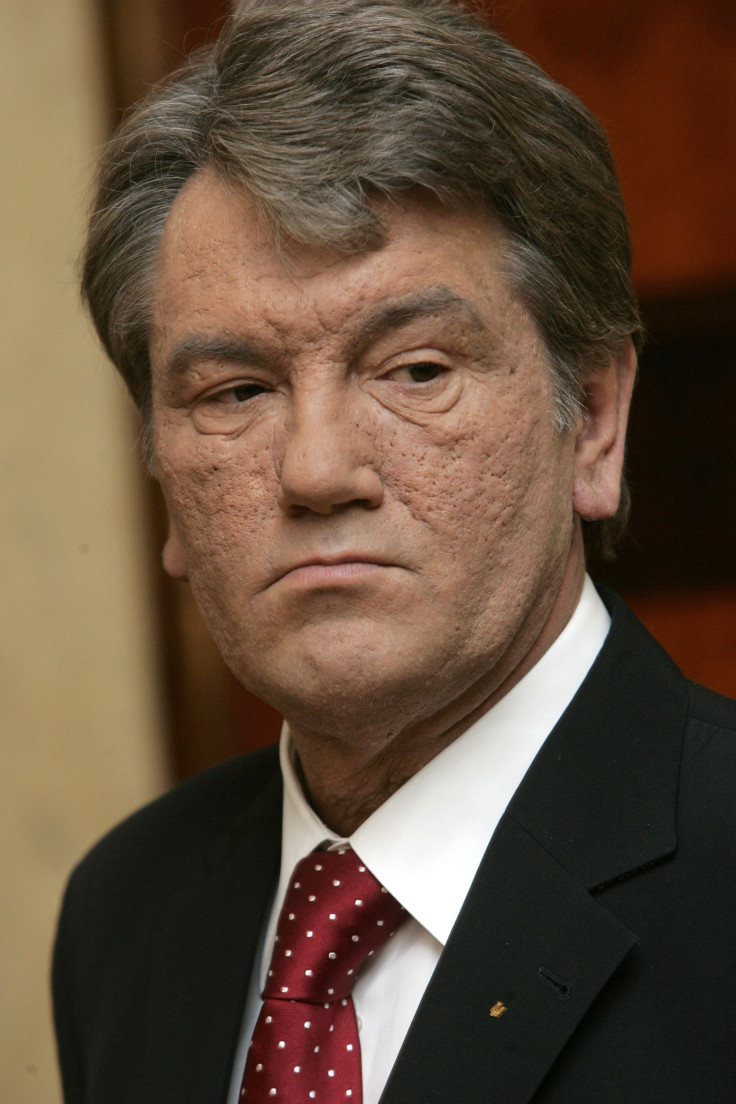
The 2004 elections were as much about Russia and the West as they were about Ukraine. Opposition leader Yushchenko was formerly the head of Ukraine’s national bank as well as prime minister before running for president against Viktor Yanukovych, supported by outgoing President Leonid Kuchma and Russia. The initial results gave the contest to Yanukovych by a slim margin. Russia immediately congratulated the victor, while Yushchenko was joined by his pro-West supporters in challenging the result. In protest, demonstrators took to the streets wearing Yushchenko’s campaign color in what became known as the “Orange Revolution.” The Ukrainian Supreme Court then annulled the election results and called for a recount, which Yushchenko won. His opponent would later return, however, and play an instrumental role in Ukraine’s 2014 crisis and subsequent internal conflict.
Henrique Capriles
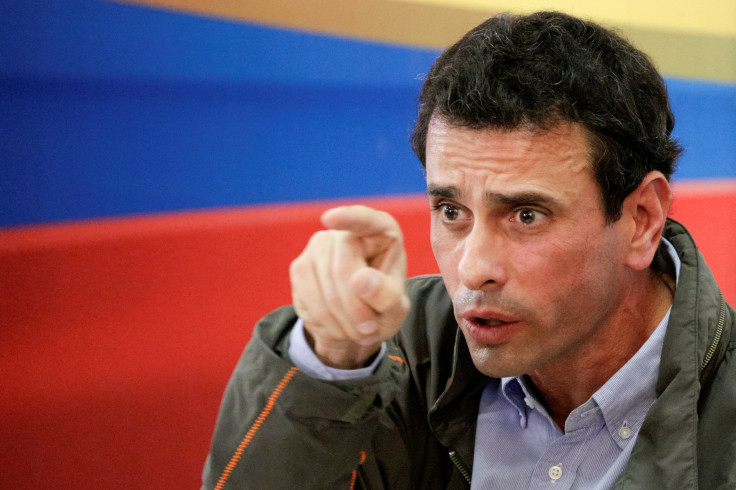
When charismatic socialist leader Hugo Chavez died of cancer in 2013, opposition figures such as Capriles saw it as an opportunity to overturn the United Socialist Party of Venezuela’s 14-year rule. Nevertheless, the April elections showed a victory by Chavez’s successor Nicolas Maduro by less than two percentage points. Capriles accused the government of “stealing votes” and called on his supporters to take the streets. Maduro responded by blaming the opposition for inciting unrest in the country.
Maduro ultimately remained in power. However, the opposition did win two-thirds “supermajority” of seats in the national assembly last year, which presents a serious threat to Maduro’s power.
Laurent Gbagbo
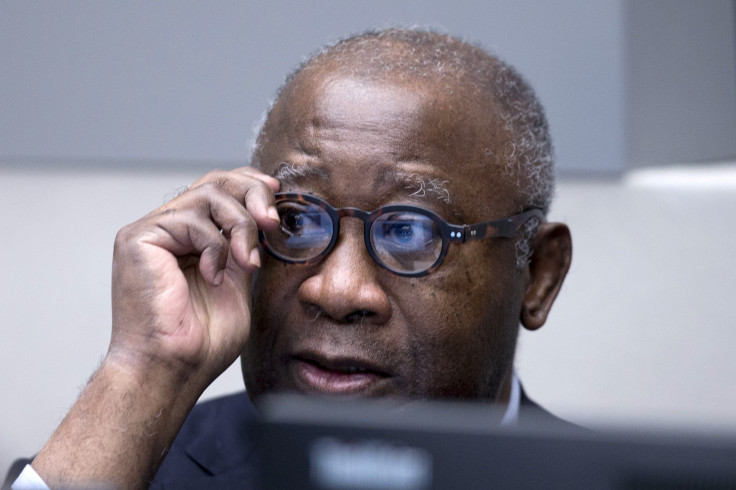
Incumbent Ivory Coast President Gbagbo and his opponent, Alassane Ouattara, both proclaimed victory in the 2010 presidential elections. As the country awaited the results, which were repeatedly delayed, the Ivorian Independent Electoral Commission (CEI) predicted a victory for Ouattara. In response, the pro-Gbagbo Constitutional Council announced that the CEI was no longer allowed to announce election results because the deadline had passed and then assumed control of the election, announcing Gbagbo as the winner. The CEI vote, however, showed an extremely likely victory for Ouattara, which was backed by influential political entities domestic and international including the Ivorian prime minister, the U.S., the E.U. and the U.N. Both candidates defiantly swore themselves in for the same role and sparked massive protests, which erupted into violence. Ouattara maintained the upper hand, however, and Gbagbo was eventually arrested and taken to the International Criminal Court for his actions, making him the first head of state to be tried there.
Jean Ping
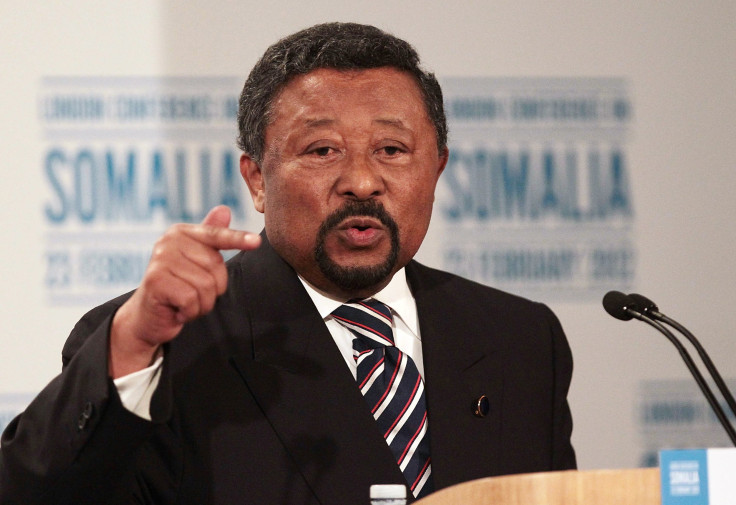
Ping formerly held the titles of chairperson of the African Union, foreign minister of Gabon and president of the United Nations General Assembly. In August, he began his campaign with the opposition party Union of the Forces of Change to run for the Gabonese presidency against President Ali Bongo Ondimba, son of former president Omar Bongo, who ruled the country for 42 years. When the results came in, they showed a narrow victory for Ondimba. Ping would not accept the result, claiming his supporters had calculated a favorable outcome by a large margin. Protests rocked the capital city of Liberville and subsequent violence killed a number of people. The Constitutional Court stepped in to avoid further chaos and eventually issued a ruling in Ondimba’s favor, which Ping labeled “unjust.” Despite his attempts to appeal, Ondimba was sworn in.
© Copyright IBTimes 2025. All rights reserved.






















